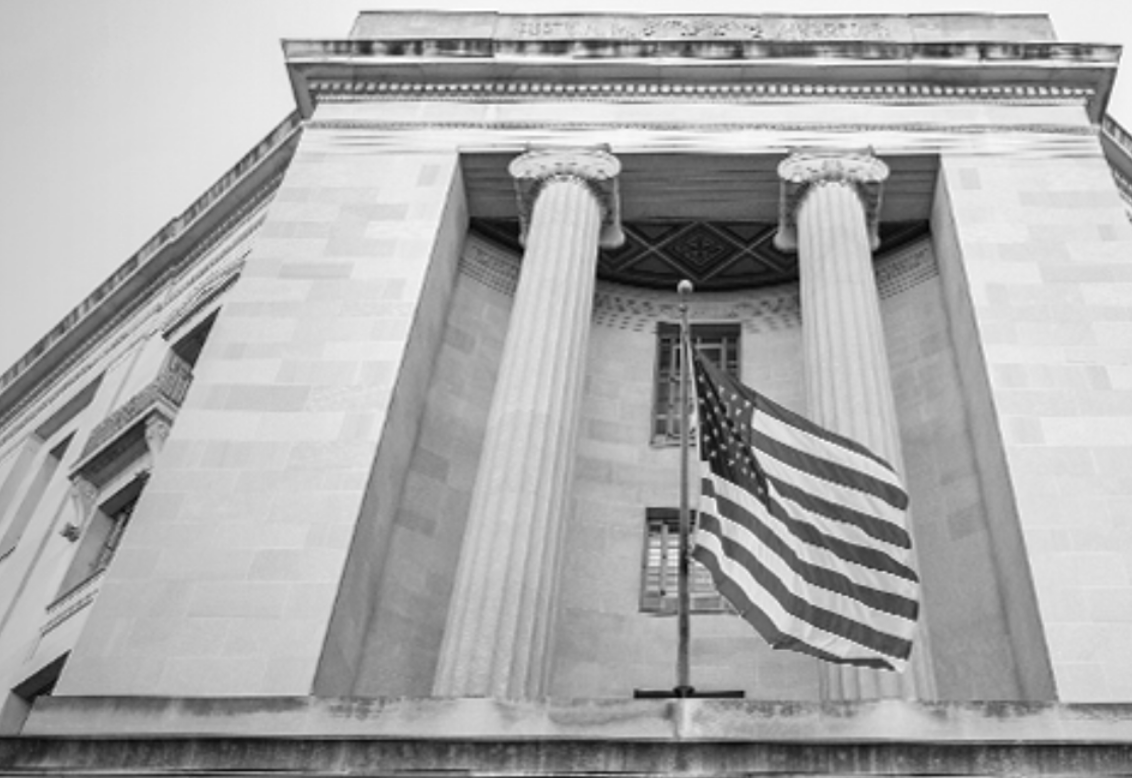Content:

Prosecution Against Journalist Endangers Right To Gather News
The Dissenter
06/30/2025
The United States Justice Department is prosecuting a journalist for allegedly violating a federal wiretapping law. If their legal argument is successful, it will greatly impact a person’s right to gather news.
Florida-based journalist Timothy Burke was indicted in February 2024 by the DOJ for uncovering and sharing unaired portions of a Fox News interview between Tucker Carlson and Kanye West.
A coalition of groups, including the Freedom of the Press Foundation (FPF), the ACLU, the ACLU of Florida, the Electronic Frontier Foundation (EFF), and the Florida First Amendment Foundation, weighed in on June 27 to bolster Burke’s fight against this alarming prosecution.
Burke is tentatively scheduled to go on trial in September, but in pretrial proceedings, his defense has challenged the Wiretap Act allegations. He maintains that the allegations unconstitutionally infringe upon his First Amendment activity and must be dismissed.
Judge Kathryn Mizelle in the Tampa Division of the U.S. District Court for the Middle District of Florida has sided with the government. She agreed that prosecutors do not have to address whether Burke’s alleged conduct was exempt under the Wiretap Act. That plainly allows prosecutors to charge journalists like Burke and force them to demonstrate at trial that they were covered by the law’s exceptions.
But according to FPF, the court has asked “whether the text of the Wiretap Act criminalizes accessing generally accessible livestreams, and whether the First Amendment would allow such a reading.”
The groups asserted in a brief submitted to the court that putting the burden on Burke to prove that his conduct was lawful under the Wiretap Act encroaches on the First Amendment right to “access and receive information.” That includes the right to gather information, even when subjects of that information do not provide consent (like note-taking at public events).
“Journalists—mainstream and otherwise—rely on livestreaming, both as
a means of publishing and as source material. Journalists regularly comb
obscure websites for data or investigative scoops,” the groups added.
The “government’s interpretation of the Wiretap Act would unleash frivolous litigation and make the Act a magnet for arbitrary and harassing enforcement actions in the future,” according to the groups. This would put not just journalists but also internet users and internet service providers at risk.